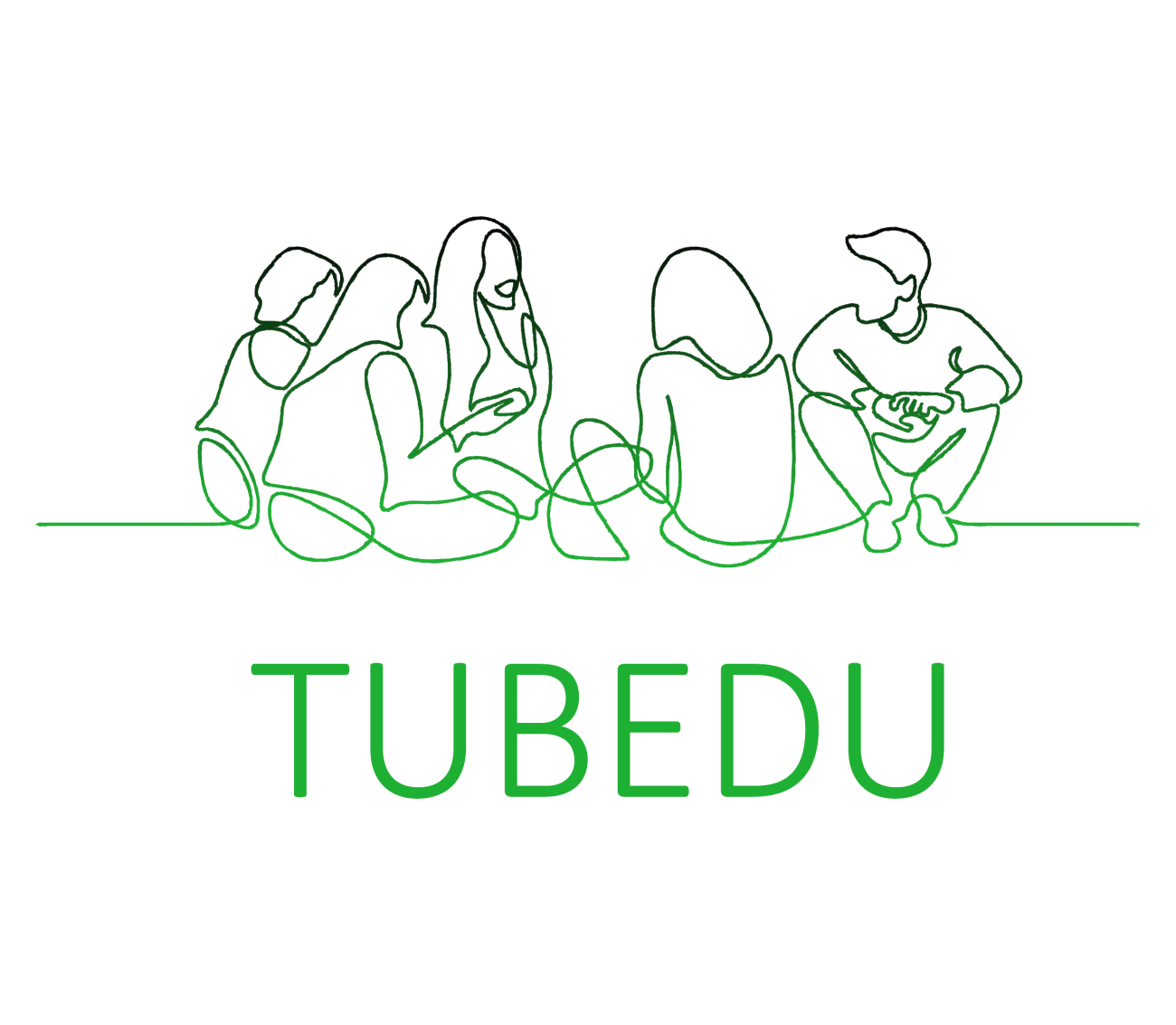
Background
The global pandemic has been fueling both psychological distress and the use of web applications, among them YouTube, by adolescents. On the one hand, social media has the potential to mitigate loneliness, but on the other hand, research shows that high-frequency use of social media associates with poorer mental and psychosocial health. Adolescents seek knowledge and peer support related to mental health on social media due to reduced access to peer networks and to in-person mental health services. The TUBEDU study takes this new post-pandemic era of social media as its starting point and asks how existing and emerging mental health topics are embedded, (co)-produced, interpreted and evaluated in the most popular YouTube contexts and how adolescents experience YouTubers’ roles as influencers and possible sources of peer support. Moreover, there is a lack of knowledge on the mental health-related contents and volume of YouTubers’ vlogs and on the mechanisms influencing adolescent followers’ mental health-related perceptions and understanding, as well as their interconnections to their subjective/experienced well-being more generally.
Design
The four-year research project funded by the Academy of Finland is implemented in cooperation with the Universities of Turku, Tampere and Helsinki. This project is divided into four different work packages (WPs):
WP 1: Adolescents’ health literacy and well-being-related peer support in the digital environment.
WP 2A: YouTubers’ ways of constructing and communicating mental health information.
WP 2B: Adolescents’ responses to YouTubers’ mental health messages.
WP 3: YouTubers as a potential source of peer support for adolescents’ mental well-being.
In WP 2A, multimodal qualitative video analysis of national and international vlogs will be conducted. We will describe how and from what viewpoints YouTubers talk about mental health and what content is most relevant. We will look at YouTubers’ ways of constructing their role as influencers and sources of peer support, as well as their ways of telling about and describing their own experiences of mental health. We will also analyze what kind of instructions or advice YouTubers give in their vlogs. Further, we will describe whether there are differences between YouTubers’ mental health messages according to their gender. At the center of our analysis is the role of individual, social, and cultural contexts and responsibility connected to them, constructed in YouTubers’ mental health communication.
In WP 2B, data mining and machine learning will be used to analyze adolescents’ comments and interaction in YouTube. We will describe the interaction activities followers engage in related to YouTubers’ mental health-related vlog content (e.g., likes, dislikes, comments, comments to other followers and shares). We will also describe the most popular and topical mental health-related topics based on the comments. By studying the interaction in the comments section, it is possible to identify silent signals: what the ongoing dominant mental health themes are and what rising themes society can react to early. In addition, different follower groups, their interests, and their change over time will be studied.
Goal
The overall aim of the whole TUBEDU-project is to produce new theoretical-conceptual information and understanding of the connection between literacy and peer support in young people’s mental health, and to create methodological tools that consider the young people’s context and utilize collaborative research to study young people’s well-being. Our main goal is to strengthen adolescents’ mental wellbeing and health literacy. In WP 2, the aim is to map out how mental health topics are embedded and emerged in popular YouTubers’ vlogs (WP 2A), and how adolescents with mental health issues respond to, interpret, evaluate, and (co)-produce these multimodal messages (WP 2B).
The project is coordinated by the University of Turku. The project leaders at Tampere University are Pirjo Lindfors and Jaakko Peltonen.

Funding
People
Pirjo Lindfors
Senior Research Fellow Pirjo Lindfors
Pirjo LindforsJaakko Peltonen
Professor, tilastotiede, erityisesti data-analyysi Jaakko Peltonen
Jaakko PeltonenTuula Nygård
Visiting ResearcherCo-operators
University of Turku
University of Helsinki
